What exactly is dementia?
As we grow old, we lose our brain cells. Dementia is a condition where our brain cells die at a faster rate and lose their function. There are many causes for dementia. Let us see the signs and symptoms of dementia in this blog.
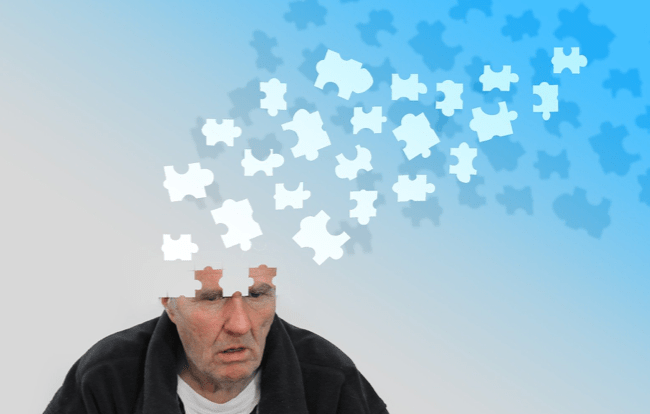
How to know if I have dementia?
If you are over 65 and have trouble remembering things and events that you saw and heard recently then it may be a sign of dementia.
How does dementia start?
Dementia starts slowly with vague and non-specific symptoms that can be confused with normal ageing. Mild cognitive impairment is a condition that can be present. This doesn’t necessarily have to go on and result in Dementia.
What is mild cognitive impairment?
Mild cognitive impairment is a medical term used for the symptoms that are between your memory problems due to normal aging and the symptoms of dementia in the early stages. You may be more forgetful and confused but can be quite ok with day to day activities, your work and functioning.
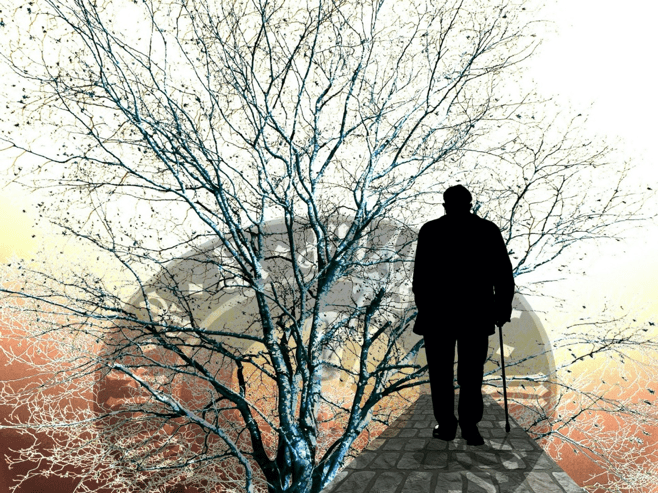
Is mild cognitive impairment reversible?
There are 3 possible outcomes for mild cognitive impairment. It can stay the same, get better or progress on to dementia. So continue to maintain a good lifestyle with good quality sleep, healthy eating, exercises and manage your stress.
What are the first (early) signs of dementia?
People with Dementia usually have trouble remembering things that occurred a few hours ago. They may get confused even with familiar tasks and may have difficulty remembering the date and place they are in etc. These are some of the first (early) signs of dementia.
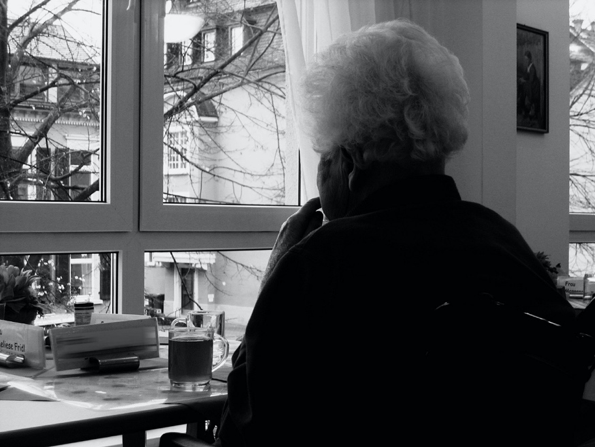
What are the 10 warning signs of dementia?

The main red flag symptom appears to be loss of memory of events that happened just a few hours ago (known as short term memory loss). The person may forget what they had from breakfast or dinner last night, what they saw in TV, Who just came to visit them, what did they say etc.

They may have difficulty finding the right word when speaking.
They may have difficulty in completing normal day to day activities which they did with ease in the past such as following the steps while cooking, cleaning the house, bathing, steps for paying bills etc.
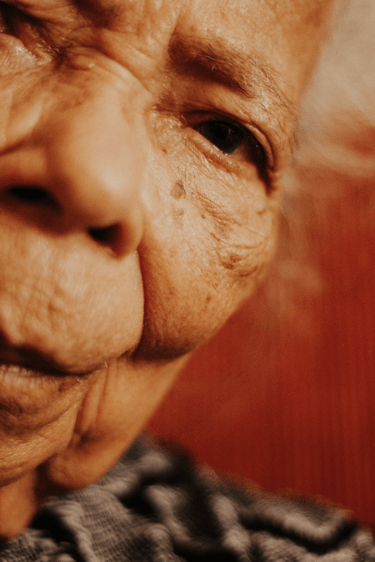
They may get lost in following storylines in movies or lose their direction when walking or driving.
Their mood may change and they may become more sad and not motivated to do what they usually enjoy.
They may become more suspicious of people and their motives.
They may get more anxious than usual.
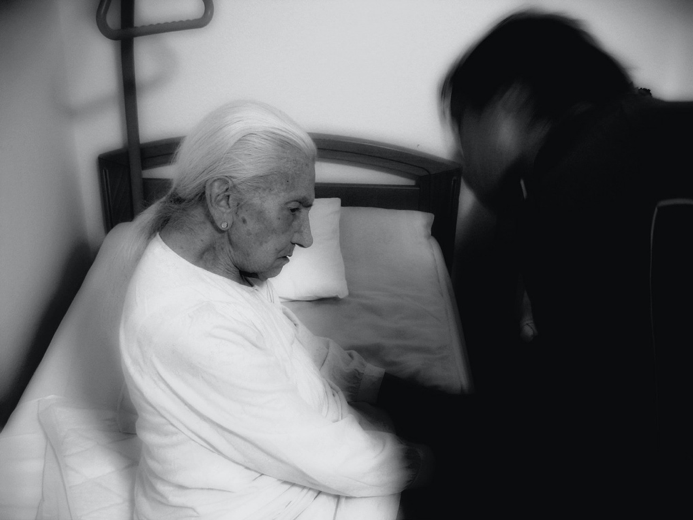
Their may become more confused with the day, time and place that they are in.
They may withdraw from people and isolate themselves.
They may find that adapting to change may be trickier and they may say things repetitively.
What are the stages of dementia?
There are 7 stages of dementia. Here we will broadly divide dementia into:
- MILD
- MODERATE
- SEVERE
How do people with dementia act?
Apart from dementia affecting your memory and thinking, dementia can also affect behaviours and the way you act.
People with dementia may get anxious and worried. So, they may be clingy to the person caring for them. This can also occur because they lose confidence in their functions. They may get moody and more isolated.
A very well-dressed person may start to neglect his or her self-care. They may get angrier and more aggressive. They may be restless and pace around. Sometimes they may tend to walk away and wander away too. This can be dangerous.
Is lack of personal hygiene a sign of dementia?

Lack of good self-care and hygiene in someone who was previously well cared can be a sign of dementia. People with dementia may forget or can’t be bothered with looking after their self-care. Sometimes they may be confused about how to do the basic tasks such as bathing and so forth. Lack of personal hygiene can also be a symptom of depression.
Can dementia cause anger and aggression?
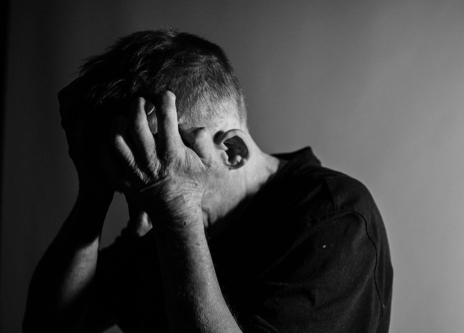
People with dementia can get angry and aggressive. This mainly occurs as a result of confusion, being suspicious of people around them and misunderstanding the situation around them.
Do people with dementia have eating problems?
People with dementia may have difficulties with eating. This may be because they have forgotten to use cutlery or have problems in completing cooking. They may also suffer with difficulties in chewing food. They may not sometimes recognise food and may skip meal times as they forget that it is time to eat.
Do people with dementia have sleep problems?
People with dementia may forget the time of the day and may sleep during the day instead of the night. They may be restless at night and wake up several times and may feel drowsy during the day.









